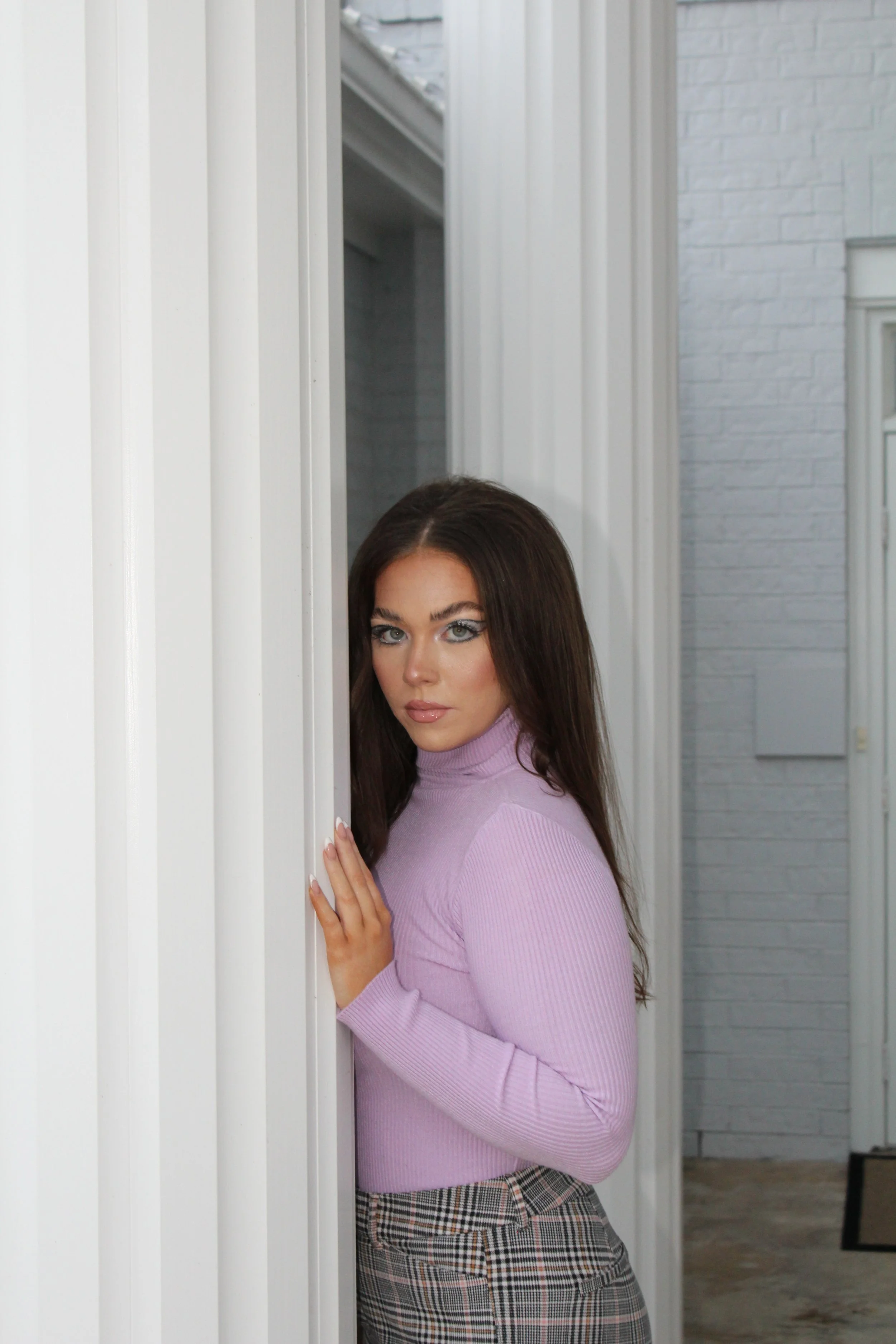Lavishly Lonely
Hauntingly surreal in its dreamy cinematography and sobering revelations, the newly released biopic “Priscilla” gives viewers a long-awaited look into the toxicity within the Presley dynasty. Priscilla Presley, Elvis Presley’s wife of six years, accomplished a feat that fangirls can only dream of–she lived through a storybook romance with the star who dominated the film and music charts of her youth. An enigma of a journey involving war, long-distance lovers, and fame, “Pricilla” produces all the ingredients of a captivating love story that sounds just too good to be true. To the shock of audiences, suspicions of a glamorized relationship ultimately proved to be justified, with Coppola’s adaptation placing “The King” aside and finally focussing on the young girl in his shadow.
Based on Priscilla Presley’s 1985 memoir “Elvis and Me,” director Sofia Coppola depicts the harsh reality of the manipulation of girlhood. In the story, fourteen-year-old Pricilla catches the eye of world-renowned musical sensation Elvis Presley, with the two forming a bond out of mutual caring and understanding. It is nothing short of a fairytale. Or is it? In the film, Coppola spares no detail of Elvis and Pricilla’s relationship, forcing viewers to recategorize this “fairytale” as Jacob Elordi’s Elvis gains the innocent infatuation of a child despite being well aware of his power superiority in the relationship. Alarm bells first ring when he calls her to the States for a long-awaited reunion, as if she is a pet that will provide him affection and attention at his beck and call. Down the line, red flags wave once again as his ownership takes an all-time high in making over Priscilla into her iconic black hair and heavy eye makeup look.
It is as if she is a living doll made to please his perception. She is playing the part, she is acting the housewife, and she is positive this is the life she has long starved for. Except it is anything but a dream. Elvis’ insistence that she “keep the home fires burning” communicates the nightmare Priscilla has slipped into. Deterred from getting a job, speaking out of turn, and even wearing patterned clothing, Priscilla is left to suffocate on her failed expectations. Her identity is completely at the mercy of a man who slips just enough love within his toxicity to keep the rose-colored glasses glued firmly to her eyes. She is a smiling doll, but as her smile fades and pleasantries rightfully rot, she soon outgrows the doll house. Done with the microaggressions, infidelity, and manipulation of a man whose abounding space of self-importance forced her into a small box of potential, Priscilla chooses to shift the attention to herself. A self that deserves to be cherished and regarded as priceless - a failed feat for even so-called “legend” Elvis Presley.
To say that Coppola’s film is a replacement for its 2022 Baz Luhrmann-directed predecessor is a false notion regarding the newest Presley-based film. While Austin Butler’s “Elvis” is breathtaking in its bold and boisterous recognition of the rock n’ roll legend, Cailee Spaeny’s “Priscilla” is captivating in its solemn and graceful illustration of a woman who lived a life littered with relatable hardship. One film captures the delirium of the addictive drug of fame, while the other acts as a cold douse of water to the high that this hallucinatory life induced. Austin Butler and Jacob Elordi are not being pitted against each other. They are two sides of the same coin and two sides of the same man. They are both Elvis - the good, the bad, and the sometimes ugly. Furthermore, “Priscilla” is not acting as a money grab in a rebooted story. This story is painstakingly raw in its depictions of a man on a public-made pedestal who loved with poison on his tongue, actions, and intentions. With its unapologetic depiction, “Priscilla” shows the ways in which this legend can be stripped down to what he really was: a man. A man who, despite his worshiped talents and suave presence, did not deserve the woman he was blessed with.
Written by Logan Hansen, Photography: Mackenzie Ortiz, Social Media: Sofia Mora

